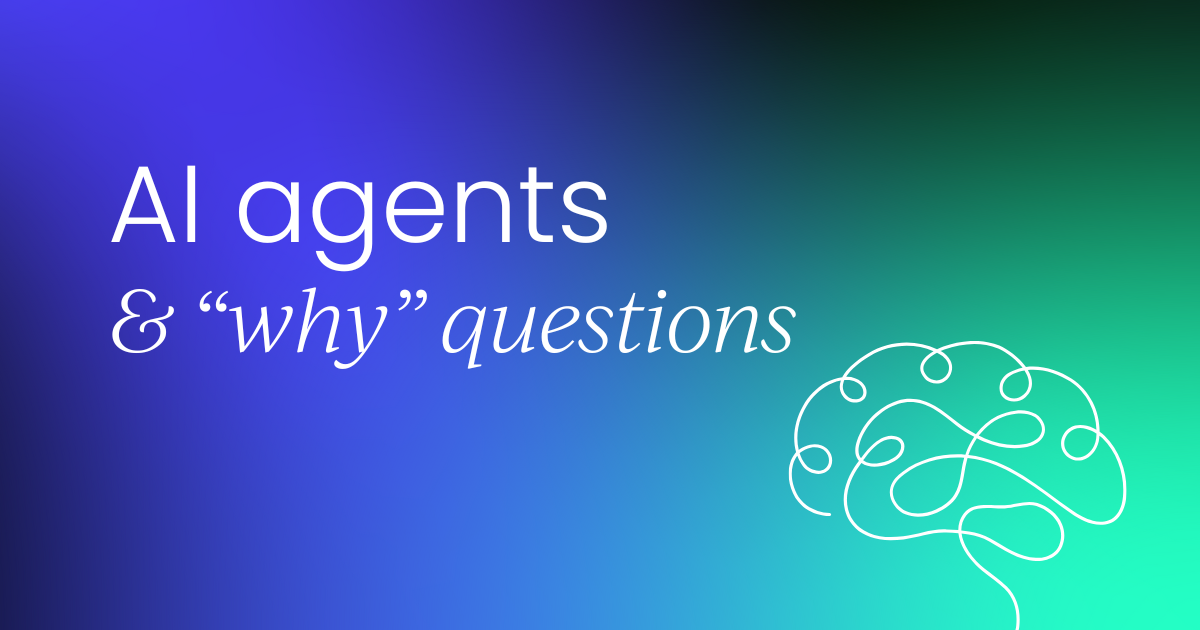Latent Collaboration in Multi-Agent Systems
PositiveArtificial Intelligence
- The introduction of LatentMAS marks a significant advancement in multi-agent systems (MAS) by enabling large language models (LLMs) to collaborate directly within a continuous latent space, moving beyond traditional text-based communication. This framework allows agents to generate latent thoughts and share internal representations, ensuring lossless information exchange.
- This development is crucial as it enhances the expressiveness and efficiency of LLMs, potentially leading to more sophisticated AI applications that require coordinated reasoning and decision-making among multiple agents.
- The evolution of frameworks like LatentMAS reflects a growing trend in AI research towards improving collaboration and alignment among agents, as seen in other initiatives aimed at enhancing interpretability and configurability in LLMs. This shift may address long-standing challenges in AI, such as aligning diverse stakeholder preferences and improving the overall utility of AI systems.
— via World Pulse Now AI Editorial System

